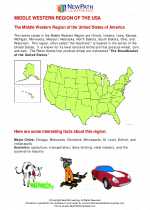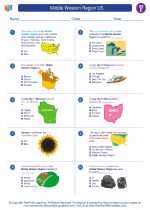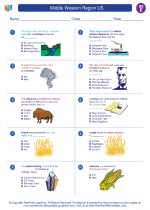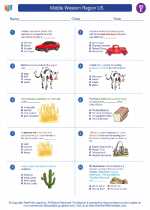Antarctica: The Frozen Continent
Antarctica is the southernmost continent on Earth and is the fifth largest continent. It is covered in ice and is the coldest, driest, and windiest continent. Antarctica is home to a unique ecosystem and is a key area for scientific research.
Geography
Antarctica is located at the South Pole and is surrounded by the Southern Ocean. It is the only continent without a native human population. The continent is divided into East Antarctica and West Antarctica by the Transantarctic Mountains.
Climate
Antarctica is known for its extreme cold and harsh climate. The lowest temperature ever recorded on Earth, -128.6°F (-89.2°C), was recorded at the Soviet Vostok Station in Antarctica. The continent also experiences long periods of darkness in the winter and extended daylight in the summer due to its position near the South Pole.
Wildlife
Despite its harsh conditions, Antarctica is home to a variety of wildlife, including penguins, seals, whales, and numerous species of birds. The Southern Ocean surrounding Antarctica is rich in marine life and supports important ecosystems.
Scientific Research
Antarctica is a hub for scientific research due to its unique environment. Researchers study climate change, glaciology, marine biology, and astronomy, among other fields. The continent is governed by the Antarctic Treaty System, which sets guidelines for scientific research and environmental protection.
Study Guide
- What is the location of Antarctica?
- What are the main geographical features of Antarctica?
- Describe the climate of Antarctica.
- What are some of the wildlife species found in Antarctica?
- Why is Antarctica important for scientific research?
- What is the Antarctic Treaty System, and why is it significant?
- What are some of the key challenges of living and working in Antarctica?
Exploring the fascinating continent of Antarctica can provide valuable insights into Earth's history, climate, and ecosystems.
.◂Social Studies Worksheets and Study Guides Fifth Grade. Middle Western Region US

 Worksheet/Answer key
Worksheet/Answer key
 Worksheet/Answer key
Worksheet/Answer key
 Worksheet/Answer key
Worksheet/Answer key
